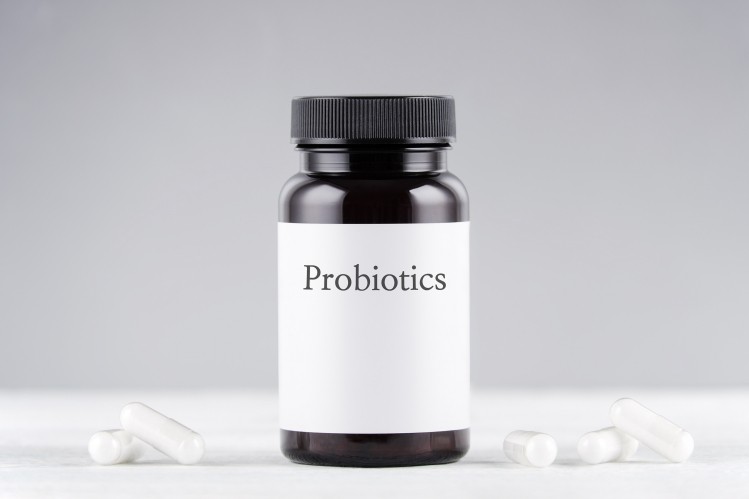Study highlights rapid benefits from DE111 probiotic

Bacillus subtilis DE111 is a spore-forming bacterial strain that has been shown to germinate in the small intestine in as little as 4 hours after ingestion. The strain was developed and commercialized by Deerland Probiotics and Enzymes, which was acquired by ADM in 2021.
The new study evaluated samples collected from the small intestine (ileum) during a human clinical trial showed that ingestion of DE111 and an oat-based porridge plus a wheat-based breakfast cereal (Weetabix) led to “immediate changes in the metabolic profile of the small intestine”, according to findings published in Beneficial Microbes.
Specifically, beneficial changes linked to measures linked to lipid metabolism, skeletal muscle respiration, and inflammation were reported by scientists from Deerland Probiotics and Enzymes (now ADM), University College Cork, and Teagasc Food Research in Ireland.
“These findings suggest that the presence of DE111 in the small intestine has a significant impact on digestive, metabolic and immune systems as early as 4h after ingestion, while changes in microbiome were limited to the increased concentration of the probiotic,” wrote the scientists.
Study details
Eleven volunteers in a fasted state completed different one-day visits to the clinic one week apart, and were given a breakfast consisting of the porridge plus Weetabix plus either placebo or DE111 (five billion CFUs). All participants were fitted with an ileostomy pouch.
Ileum samples were collected four hours after ingestion and analyzed using metabolomics, proteomics and sequencing technologies.
The data showed that DE111 was associated with increases in levels of 12,13-diHOME lipokine, a molecule linked to greater skeletal muscle respiration and fatty acid uptake. “This aligns with previous observations indicating DE111 capacity to enhance body composition in athletes and management of lipids in blood,” wrote the researchers. The expression of proteins involved in fatty acid and lipid metabolism was also beneficially affected.
Increases in two plant polyphenols linked to digestion of oats were also observed: Trigonelline and 2,5-dihydroxybenzoic acid. “These plant alkaloids have hypoglycaemic, hypolipidemic and anti-inflammatory effects, helping elucidate the potential molecular mechanisms by which DE111 can help control lipid levels in the body,” added the researchers.
“Such findings highlight the potential metabolic benefits offered by DE111 digestion of foods in the gut, generating molecules with antioxidant and metabolism regulating activity,” wrote the researchers.
On the other hand, DE111 supplementation had only a limited effect on the diversity and relative abundance of microbes in the gut in such a short period of time, they noted.
“These findings support previous data suggesting a beneficial role of DE111 in digestion, metabolism, and immune health that appears to begin within hours of consumption,” the researchers concluded.
Source: Beneficial Microbes
Published online ahead of print, doi: 10.3920/BM2022.0081
“Acute physiological effects following Bacillus subtilis DE111 oral ingestion – a randomised, double blinded, placebo-controlled study”
Authors: J. Colom, et al.














